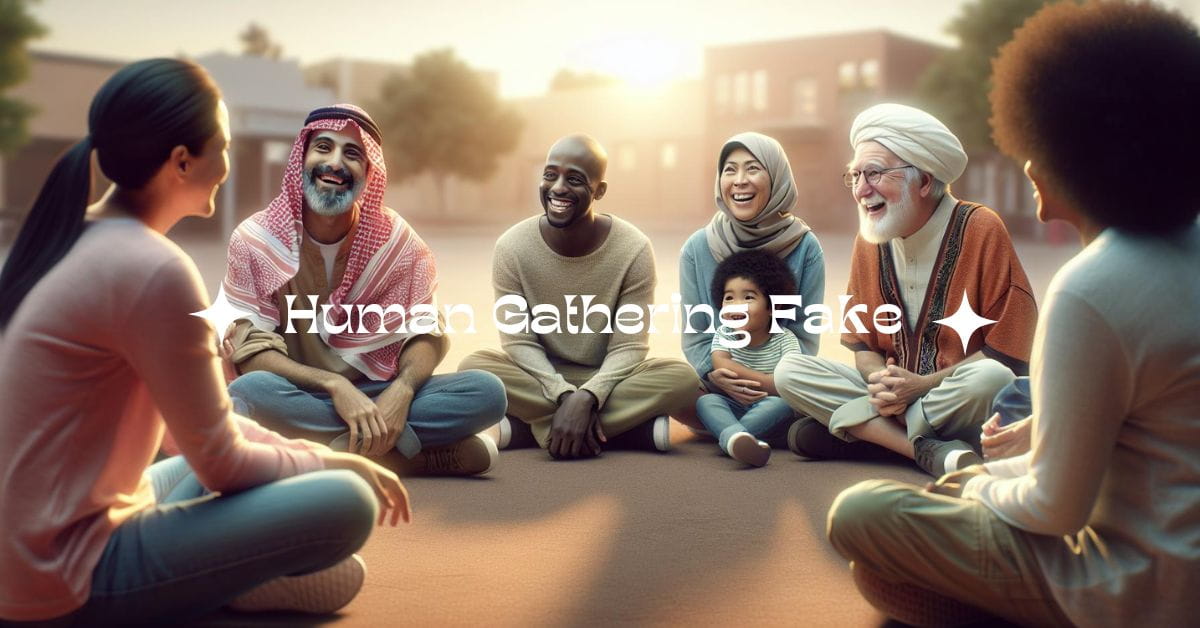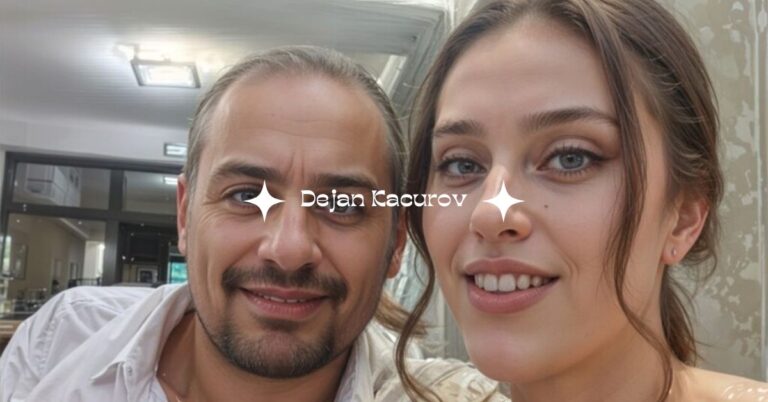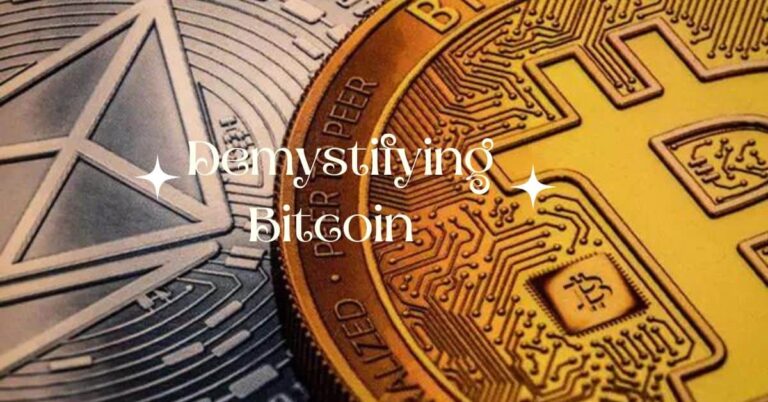The Illusion Of Connection: Is The Human Gathering Fake
In an era defined by digital interconnectedness, the concept of a Human Gathering Fake evokes both intrigue and skepticism. With the rise of social media and virtual communities, the lines between authentic human interaction and carefully curated online facades have blurred.
This exploration delves into the complexities of human connection in the digital age, questioning the genuineness of these gatherings and their impact on our sense of belonging.
The Allure of the Human Gathering
The idea of a gathering where individuals from diverse backgrounds unite under a common purpose or shared interest is undeniably appealing. It promises a sense of community, belonging, and the opportunity to forge meaningful connections.
Whether it’s a physical event, an online forum, or a hybrid experience, the allure lies in the potential to transcend isolation and find a shared sense of purpose.
However, the digital age has introduced a new layer of complexity to these gatherings. The ability to curate one’s online identity, selectively share experiences, and manipulate digital footprints has raised questions about the authenticity of these connections.
Are we truly witnessing genuine human interaction, or are we participating in carefully constructed illusions?
The Digital Mask: Authenticity or Illusion?
Social media platforms have become the primary avenues for organizing and promoting human gatherings. While these platforms offer unprecedented opportunities for connection, they also create a fertile ground for deception.

Individuals can craft idealized online personas, selectively sharing highlights of their lives while concealing vulnerabilities and imperfections.
The fear of missing out (FOMO) exacerbates this phenomenon, as individuals strive to portray a life of constant excitement and fulfillment.
This curated online identity can create a distorted perception of reality, leading people to believe that others are living more fulfilling lives than their own.
As a result, the desire to participate in human gatherings can be driven by a longing for the idealized experiences portrayed online rather than genuine human connection.
Read: 101desires.Com – Unlock Google Workspace Tips!
The Impact of Fake Human Gatherings
The prevalence of Human Gathering Fake can have far-reaching consequences for individuals and society as a whole.
On a personal level, investing time and emotional energy into inauthentic connections can lead to feelings of disappointment, isolation, and a diminished sense of self-worth.
The pursuit of idealized online experiences can also contribute to mental health challenges such as anxiety, depression, and body image issues.
On a societal level, the proliferation of fake human gatherings can erode trust and undermine the foundations of a genuine community.
When individuals prioritize superficial connections and curated online personas, the capacity for empathy, compassion, and authentic human interaction diminishes.
This can lead to a fragmented society where individuals struggle to find a sense of belonging and purpose.
Navigating the Digital Landscape
To navigate the complexities of the digital age and foster genuine human connections, it is essential to cultivate a discerning eye and a healthy skepticism.
Be mindful of the carefully curated online personas and focus on building authentic relationships based on shared experiences, mutual respect, and empathy.
Prioritize face-to-face interactions whenever possible, as they offer a deeper level of connection and understanding.
Engage in activities that foster genuine human interaction, such as volunteering, joining clubs or groups with shared interests, and participating in community events.
The Future of Human Connection
The future of human connection is uncertain, but the digital landscape will continue to evolve. While the challenges posed by fake human gatherings are significant, there is also immense potential for fostering genuine connections and building stronger communities.
By embracing technology with mindfulness and prioritizing authentic human interaction, we can create a future where the digital and physical realms complement each other, enriching our lives and fostering a deeper sense of belonging.
The Economics of Fake Human Gatherings
The rise of fake human gatherings has not only impacted individuals and society but has also created a lucrative market for those seeking to profit from the illusion of connection.

A complex ecosystem of influencers, social media platforms, and advertising companies has emerged, capitalizing on the desire for belonging and community.
The Influencer Economy and Fake Authenticity
Influencers have become the gatekeepers of online culture, shaping trends and aspirations. While many influencers strive to build genuine connections with their audience, others prioritize profit over authenticity.
By carefully curating their online personas and promoting fake human gatherings, these influencers can generate substantial income through sponsored content, affiliate marketing, and merchandise sales.
The pressure to maintain a flawless online image can lead influencers to create distorted representations of reality, perpetuating the illusion of a perfect life.
This can mislead followers into believing that their own experiences and struggles are inadequate, further fueling the desire to participate in fake human gatherings.
Social Media Platforms: The Enablers or the Regulators?
Social media platforms play a pivotal role in facilitating both genuine and fake human gatherings. While these platforms have the potential to connect people from all walks of life, they also face challenges in combating the spread of misinformation and disinformation.
The business models of many social media platforms rely on user engagement and advertising revenue. This creates a financial incentive to prioritize content that is likely to generate clicks and shares, even if it is misleading or harmful.
The Role of Advertising and Consumer Culture
The advertising industry has capitalized on the desire for belonging and community by promoting products and services that promise to enhance social connections.
By targeting individuals with feelings of isolation and loneliness, advertisers can create a sense of urgency and dissatisfaction with their current lives.
This can lead consumers to make impulsive purchases based on the promise of belonging, further fueling the cycle of consumerism and superficial connections.
The emphasis on material possessions and external validation can distract individuals from cultivating genuine human connections and contribute to a culture of superficiality.
Protecting Yourself from Human Gathering Fake

While the challenges posed by fake human gatherings are significant, there are steps individuals can take to protect themselves and foster genuine connections.
Cultivate Digital Literacy: Develop critical thinking skills to evaluate the authenticity of online information. Be aware of the tactics used by influencers and advertisers to manipulate consumer behavior.
Prioritize Face-to-Face Interactions: Make a conscious effort to spend time with friends, family, and loved ones in person. Engage in activities that foster genuine human connection, such as volunteering, joining clubs, or participating in community events.
Focus on Personal Growth: Invest time and energy in personal development and self-improvement. Building self-confidence and resilience can help protect against the allure of fake human gatherings.
Support Authentic Creators: Follow influencers prioritizing authenticity and genuine connection over superficiality. Support businesses and brands that align with your values and contribute to positive social change.
By taking these steps, individuals can create a more fulfilling and authentic life, free from the illusions created by fake human gatherings.
Read: Revo Technologies Murray Utah – Revolutionizing The Tech Landscape
FAQs:
1. Human gathering fake or real?
The Human Gathering is a private network of like-minded leaders who value character and integrity. The network aims to create a safe space for authentic human connections and shared experiences. To ensure fairness to invited members, the application process is rigorous and the founder makes the final decision about who joins.
2. Who is the founder of the human gathering?
Wesley Chapman is a founder, thinker, speaker, and author. He co-founded The Human Gathering, one of the world’s most exclusive and private societies.
3. What are the benefits of human gathering?
Our members have access to a well-established infrastructure of tools and services to help them make the most of their membership and connections. Each service our team offers is intended to save you time, boost your membership ROI, and bring diverse, authentic, and meaningful human relationships to your doorway.
4. Who is the CEO of the gathering spot?
Membership social clubs sometimes have a snobby reputation, but The Gathering Spot prioritizes community. Co-founders Ryan Wilson and T’Keel “TK” Petersen started in Atlanta and then expanded to Los Angeles and Washington, DC. Wilson (who also acts as CEO) elaborates on his idea.
Conclusion
The rise of fake human gatherings is a complex issue with far-reaching consequences for individuals and society. By understanding the underlying factors contributing to this phenomenon, we can develop strategies to protect ourselves and foster genuine human connection in the digital age.
Ultimately, the pursuit of authentic human connection is a lifelong journey. By cultivating a discerning eye, prioritizing face-to-face interactions, and focusing on personal growth, we can create a world where genuine relationships thrive and the illusion of fake human gatherings fades away.
Read more:
- Thespark Shop Boy & Girl Clothes Online – Discover The Latest Styles At The Spark Shop!
- Cultivating Wholeness: A Guide to Healthy Life Wellhealthorganic
- Navigating The Maze: A Comprehensive Look At High Risk Merchant Highriskpay.Com
- Church Of The Highlands Exposed: Megachurch Under Scrutiny In The Age Of Accountability






